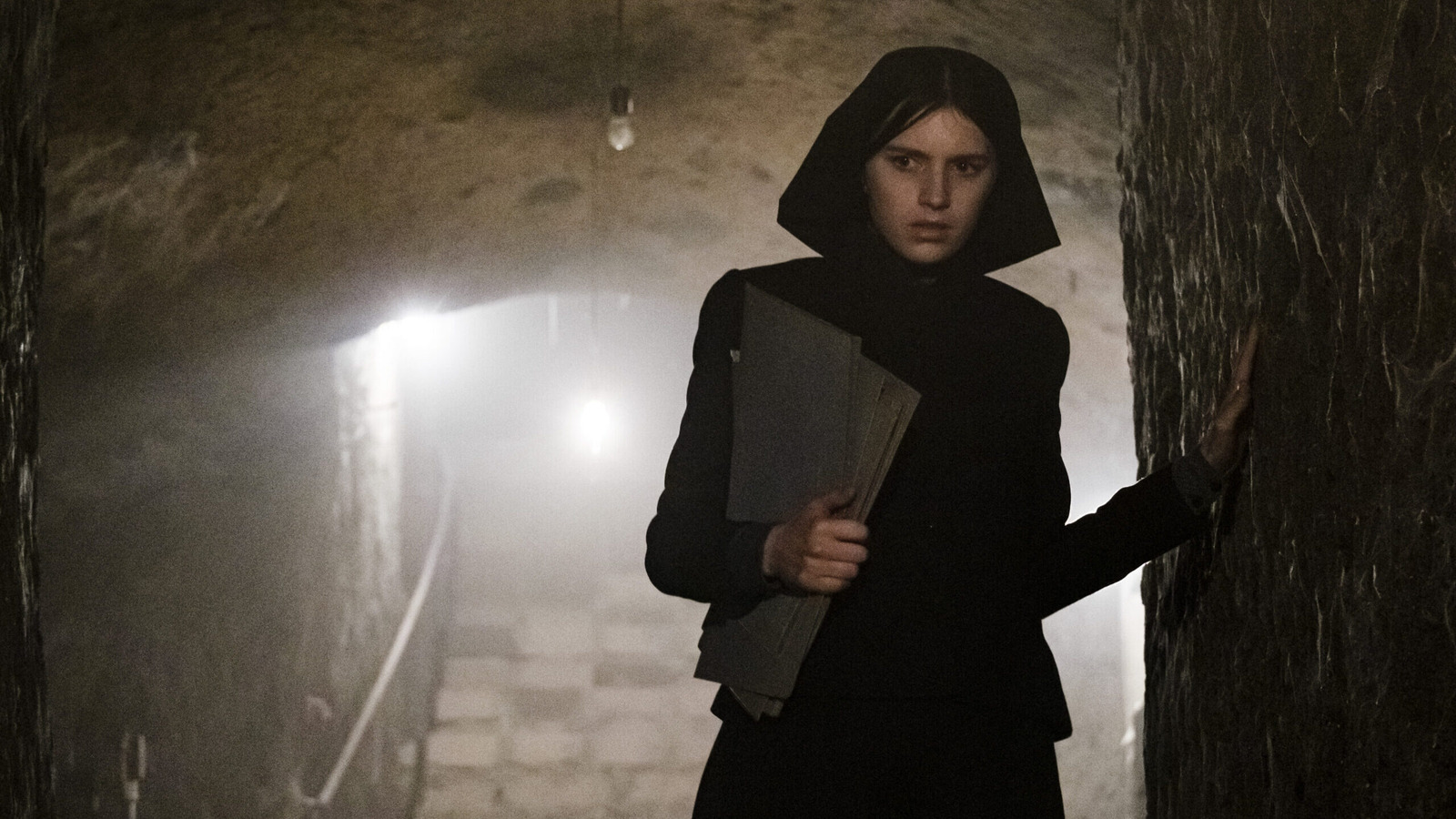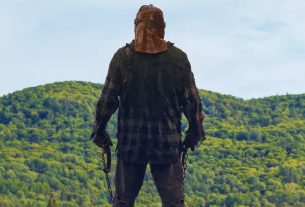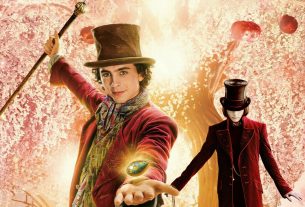
Over the years, I’ve spoken to countless folks in the horror-sphere and many of us have stories watching “The Omen” probably too young, but I think we all turned out fine. What are both of your relationships with the original “Omen?”
Stevens: When I was a kid, A&E had this double feature on Valentine’s Day, which I thought was super appropriate: It was “The Exorcist” and “The Shining.” [laughs] I was obsessed with it. And so my mom was like, “Oh, if you like those movies, you should watch this.” And then she showed me “The Omen” and I was already in love with Gregory Peck at such an early age. So yeah, I was seven, and no, I’m not okay. [laughs]
Smith: Yes, I was around the same age, super young, and I watched a lot of horror films that were more kind of supernatural or otherworldly, and this was the first one I saw that kind of made that feel real and kind of grounded it in reality. So that terrified me. I kind of watched it and thought this could actually happen, which was super scary at the time and very memorable.
There’s something inherently real-feeling about so much of this religious horror, but films like “The Omen” and “The Exorcist” came with this boom of religious horror and exploitation post-Hays Code, when films were starting to take these giant swings, but the Catholic Church still was pretty powerful. Obviously the church is still powerful today, but we’re becoming a more and more secular society. At the same time, films are becoming more sanitized. So it feels like “The First Omen” is coming out in the inverse of when the original came out.
Stevens: Yeah, what’s kind of interesting about that is I think that you’re right: We are becoming more and more secular as people, but the evil isn’t going away. So I think it’s making us realize that the supernatural elements are really not to blame. They’re really just kind of a frontman for the darkness that really just lays in all of our hearts. And I think that was kind of how we wanted to approach “The First Omen,” because the devil now is quite fun and sassy. So I think really thinking about the devil being a tool for human beings who are trying to use him in a way to get more control — and really, we were thinking about terror being spiritualized and the ways people use terror as a weapon against people, and that was really what we were focused on.
Smith: We try to extrapolate this idea of institutions in power and how they respond to feeling threatened, beyond the Catholic Church, which I think can apply to a lot of what’s going on right now. I think, like you said, that film was so good, “The Omen” in ’76, in turning a mirror to the horrors of its time, and we really wanted to do the same with this film. So while the Catholic Church isn’t as prominent, I think institutions in power, how they respond to fear, how they cling to that power when they’re under threat — that really resonated with us, and we completely experienced this idea of content being more sanitized. I totally agree. I think right now it’s difficult sometimes to push the envelope and get more boundary-pushing imagery out there.

![The First Omen Pays Homage To One Of The Greatest Horror Performances Of All Time [Exclusive Interview] The First Omen Pays Homage To One Of The Greatest Horror Performances Of All Time [Exclusive Interview]](https://movieanywhere.xyz/wp-content/uploads/2024/04/l-intro-1712157511.jpg)
![Why Marvel Chose To Make Less Money By Casting Benedict Cumberbatch As Doctor Strange [Exclusive] Why Marvel Chose To Make Less Money By Casting Benedict Cumberbatch As Doctor Strange [Exclusive]](https://movieanywhere.xyz/wp-content/uploads/2024/05/l-intro-1714403571-305x207.jpg)

